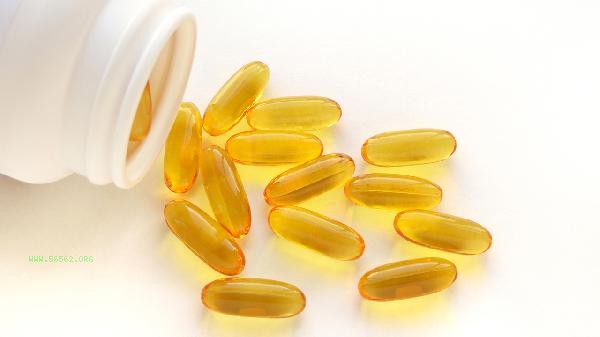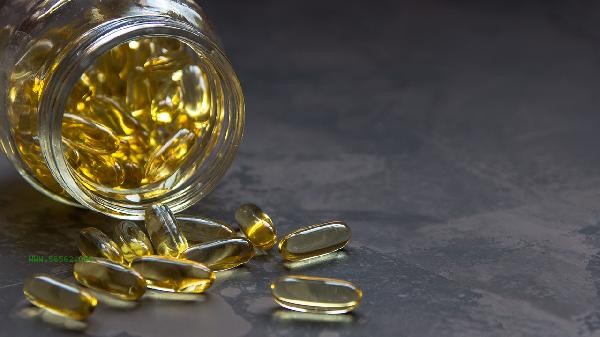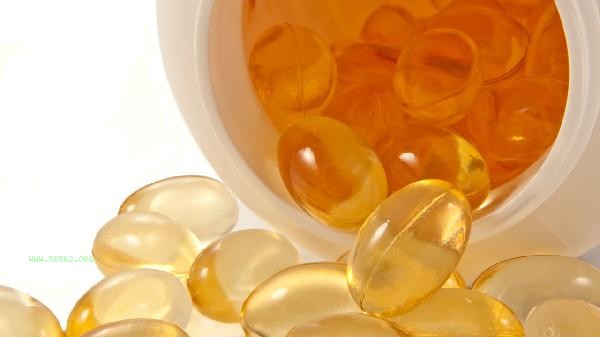Vitamin C has the main benefits of promoting collagen synthesis, reducing oxidative damage, accelerating recovery, enhancing immune function, and improving iron absorption for muscle building. Moderate supplementation of vitamin C can help improve athletic performance and muscle repair efficiency.

1. Promote collagen synthesis
Vitamin C is a necessary cofactor for the synthesis of collagen, which is the main component of muscle connective tissue. Adequate vitamin C can maintain the strength of tendons and ligaments, reduce the risk of sports injuries, and indirectly support muscle growth. supplementing with vitamin C after high-intensity training can help repair damaged muscle fibers.
2. Reduce oxidative damage
Strength training generates a large amount of free radicals, leading to oxidative stress in muscle cells. Vitamin C, as a potent antioxidant, can neutralize the damage of free radicals to muscle cells, protect mitochondrial function, and maintain a protein synthesis environment. Long term regular supplementation can alleviate delayed muscle soreness after training.
3. Accelerated Recovery
Vitamin C alleviates post exercise inflammation and shortens muscle repair time by regulating cortisol levels. Its involvement in carnitine synthesis can also promote fatty acid metabolism, providing energy for continuous training. Supplementing with vitamin C after training can restore muscle glycogen reserves faster.

4. Enhancing immune function
Intense training can temporarily suppress immune function, while vitamin C can enhance neutrophil activity and reduce the probability of upper respiratory tract infections. Maintaining immune system stability can avoid interrupting training plans due to illness and ensure the continuity of muscle building processes.
5. Improve iron absorption
Vitamin C converts trivalent iron into a more easily absorbable form of divalent iron, enhancing the efficiency of hemoglobin synthesis. Adequate iron reserves ensure muscle oxygen supply and delay fatigue during anaerobic exercise, which is particularly important for muscle builders who require repetitive strength training.

It is recommended to obtain vitamin C from natural foods such as fresh vegetables and fruits such as broccoli, kiwifruit, strawberries, etc., with a daily intake controlled at 200-400 milligrams. Excessive supplementation may interfere with the adaptive response to exercise, and strength trainers should avoid single doses exceeding 1000 milligrams. Combined intake of vitamin E can enhance the antioxidant synergistic effect, and supplementation within 30 minutes after exercise has a better effect. Simultaneously ensuring a balanced intake of high-quality protein and carbohydrates, providing comprehensive nutritional support for muscle growth.



Comments (0)
Leave a Comment
No comments yet
Be the first to share your thoughts!